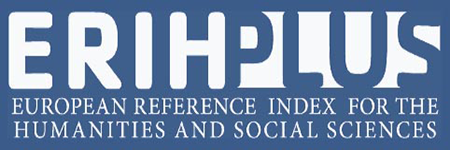No. 24 (1993): International trade facilitation

International trade has been identified as the main engine of development during the 1990s and the countries of the Central American region must necessarily respond to its demands and opportunities. In this sense, serious efforts have been made to increase the productivity of our resources and offer competitive products in terms of quality and price, as well as to manage the conditions and application of trade liberalization.
However, with respect to trade facilitation, the region suffers from a series of deficiencies that limit and harm it during this period of insertion into economic globalization. A true revolution in these services must be adopted soon in order to adapt to the demands of the international market if it is to survive in it.
Central America faces two alternatives. One is to be an almost passive recipient of the new ways of organizing trade and depend on foreign entities that will enjoy the incentives and benefits. The other is to take advantage of what the region already has and compete aggressively for the significant proportion of the final price of products that services represent.
Indeed, we are facing a complex situation generated by the opening of our economies within the framework of adjustment and stabilization and the formation of regional trade blocs, which imply that Central American countries will have to compete at a disadvantage with austerity of resources, within sophisticated economic currents, based on capital intensive methods and high technology.
Given the importance of these events, ICAP has initiated a number of activities to support the trade improvement efforts being made by governments. Among them is the magazine we are making available to you today, which contains the conferences of the Regional Seminar on Facilitation of Intra- and Extra-regional Trade Management in the Framework of the New Integration, held by the Central American Institute of Public Administration, ICAP, in September 1992, with the support of the Regional Office of Scientific and Technical Cooperation for Central America, of the Ministry of Foreign Affairs of the Government of France. It provided an opportunity to learn about and discuss the considerable transformations that will take place in Central America in terms of the ways of organizing international trade services, their technologies and rules of the game.
It is extremely important for ICAP to address this topic because of the relevance of international trade management in the Institute's member countries, at a time when our region is consolidating democracy and peace and seeking to promote its development on the basis of economic openness and structural adjustment, tasks for which, undoubtedly, the integration and facilitation of international trade are decisive.









